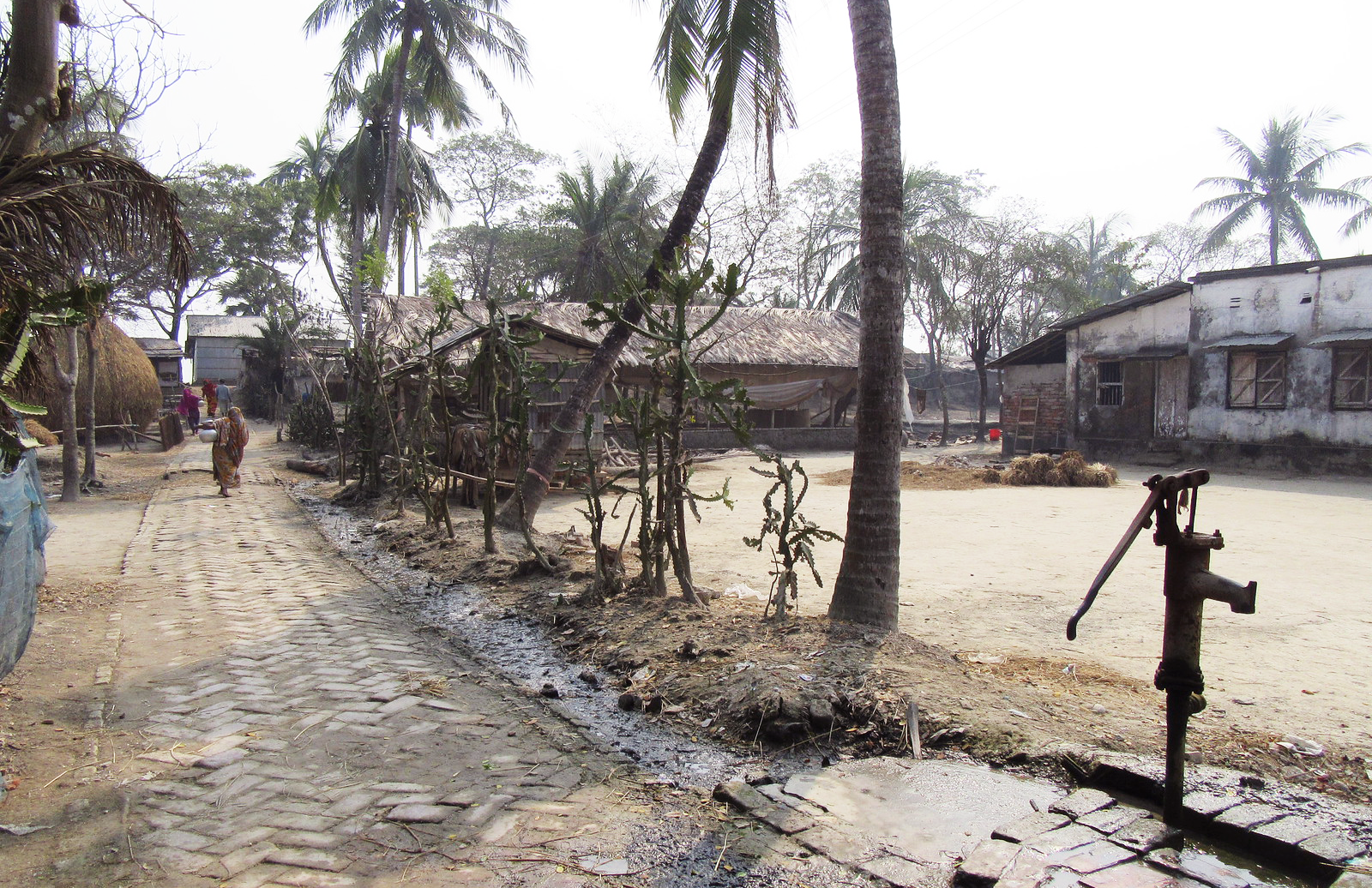Katrina Charles (University of Oxford), Sarah Dickin (Stockholm Environment Institute), & Wendy Jepson (Household Water Insecurity Experiences Network)
REACH launches new collaboration on the role of gender norms and relations within and beyond the household to advance water security for climate resilience.
Women bear the burden of water insecurity. This is a common narrative in the water sector as women are often responsible for collecting and managing household water. These gendered roles don’t change when women work outside the home. Diverse evidence demonstrates this impact on women: Women are 1.5 times more likely to report water-fetching injury than men. In times of drought or water scarcity, women walk further, for longer periods to collect water. Women are often responsible for caring for people in the household when the water makes them sickSuch gendered burdens around household water insecurity manifest in the compromised mental health, increased exposure to gender-based violence , and even physiological outcomes.
While much focus has been on women, men and children also have particular roles and responsibilities in relation to water that influence water security outcomes. Due to these different roles and responsibilities, water insecurity is experienced differently, including differences in how anxiety and fears manifest, but also differences in values and priorities that can influence uptake of interventions.
Women may be responsible for water collection, but restrictive gender norms and roles limit their ability to make decisions that will change the water security outcomes for themselves and their household, such as through having less control over the household finances spent on water. They also restrict their opportunities to engage in community level activities to improve water security, such as speaking up publicly to ensure services meet their needs. Assumptions about these gender norms and responsibilities lead to asymmetries in access to information and access to resources. For example, if only women are trained in the health risks of unsafe drinking water, men may not prioritise investment in safe drinking water. Or if climate information is only accessible via mobile phones, women may not have the information to take decisions on water management that build their resilience.
A gendered approach to improving water security
Addressing water insecurity isn’t just about technological changes in improving water access and water safety – although these remain important. To create change we need to understand the ways in which gender norms, roles and relations produce inequalities in water security at the individual level, not just at the household level which is so often the unit of analysis. We need to understand how gendered roles impact on the success of interventions at community level and beyond.
At REACH, we are embarking on a new international, interdisciplinary collaboration, REACH-WISER – Water Insecurity, Equity and Resilience – to provide evidence on the impacts of gender norms, roles and relations on water security and climate resilience. This collaboration builds on the research in REACH’s Water Security Observatories, bringing in key new partners:
- The Household Water Insecurity Experiences-Research Coordination Network (HWISE-RCN), funded by the U.S. National Science Foundation since 2018, has led global scholarship on the fundamental concerns related to water for human development. The HWISE Network draws from scholars, policy makers, and practitioners globally to advance the goal of sustainable and socially equitable water policy and interventions through the robust evaluation of key water security problems, and aims to create a network that supports scientific discovery and professional development.
- Stockholm Environment Institute, an international non-profit research and policy organization tackling environment and development challenges, with an emphasis on gender equality, social equity and poverty. SEI led the development of the first quantitative tool for measuring women’s empowerment in the WASH sector, together with researchers from Queen’s University and REACH.
- Working with the Water Security & Sustainable Development Hub to ensure gender norms are part of a systems thinking approach to water security.
We look forward to working with these new partners to advance equity in water security and build capacity for gendered water research.

